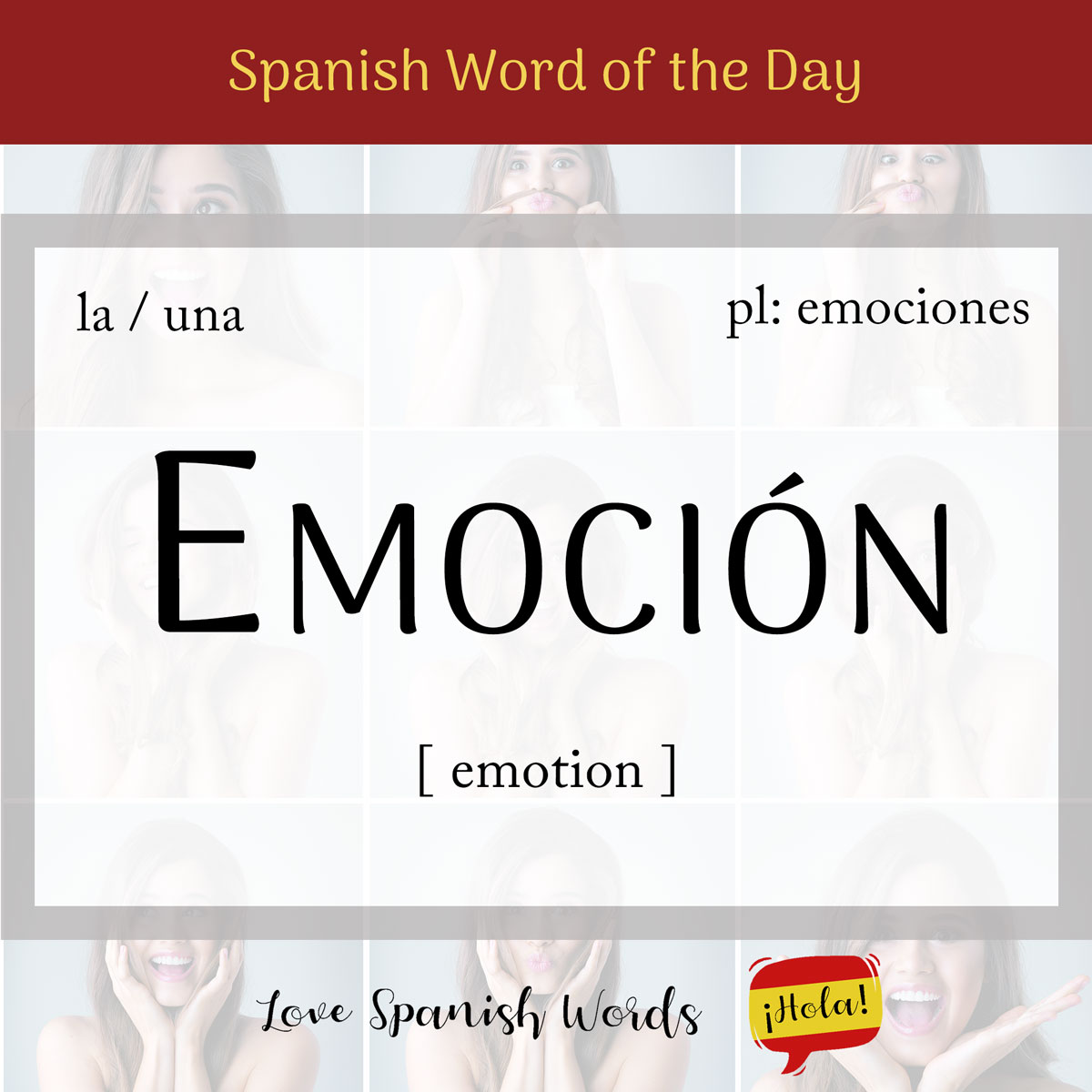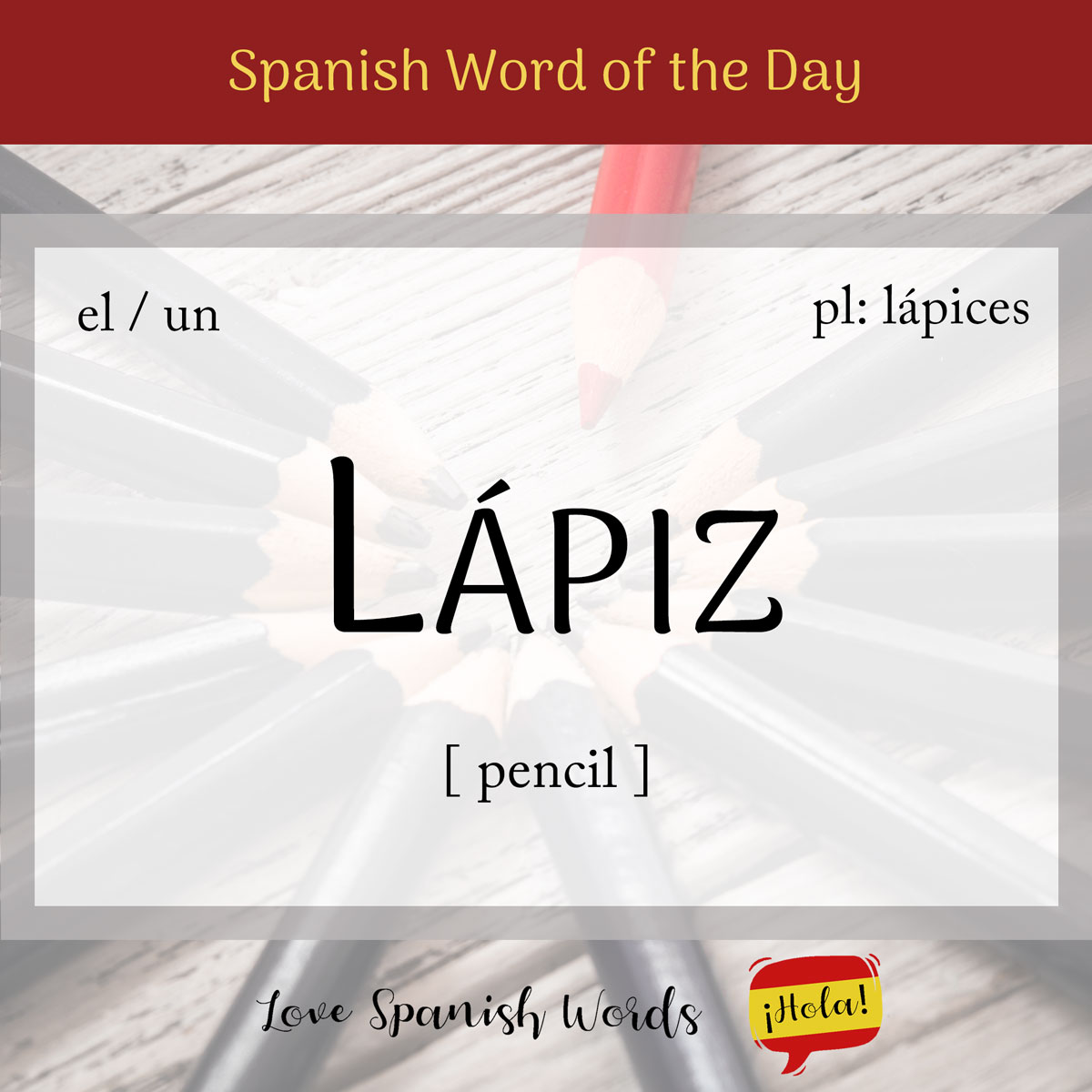Spanish Word of the Day: Robar (to steal)
The word robar comes from the Latin verb robare, meaning to seize or take by force. The word describes the act of taking something that does not belong to you, or in other words, stealing. Latin American Pronunciation European Pronunciation Robar is regular verb that follows the standard conjugation patterns for -ar verbs that you …






